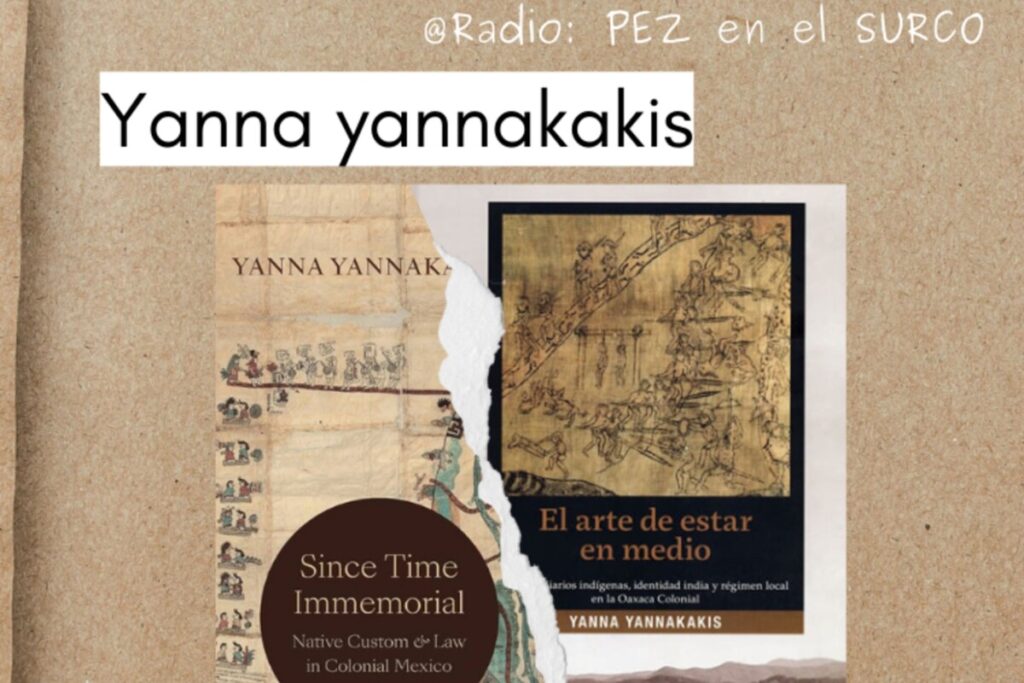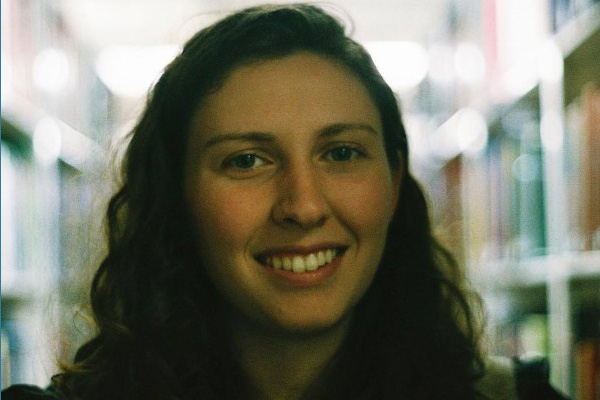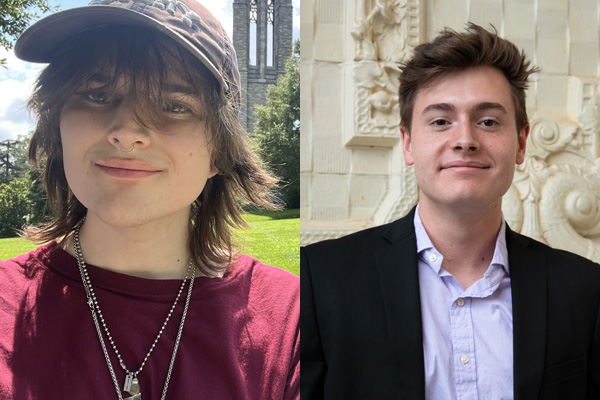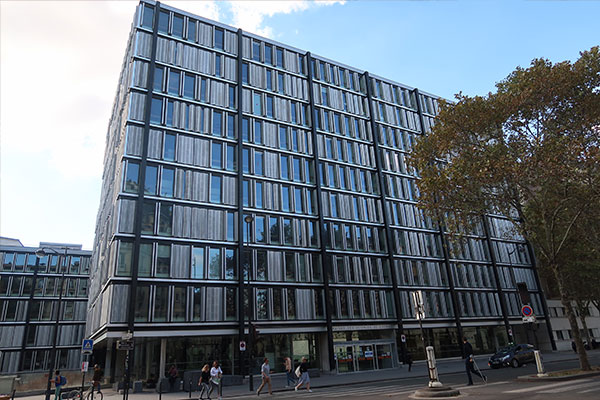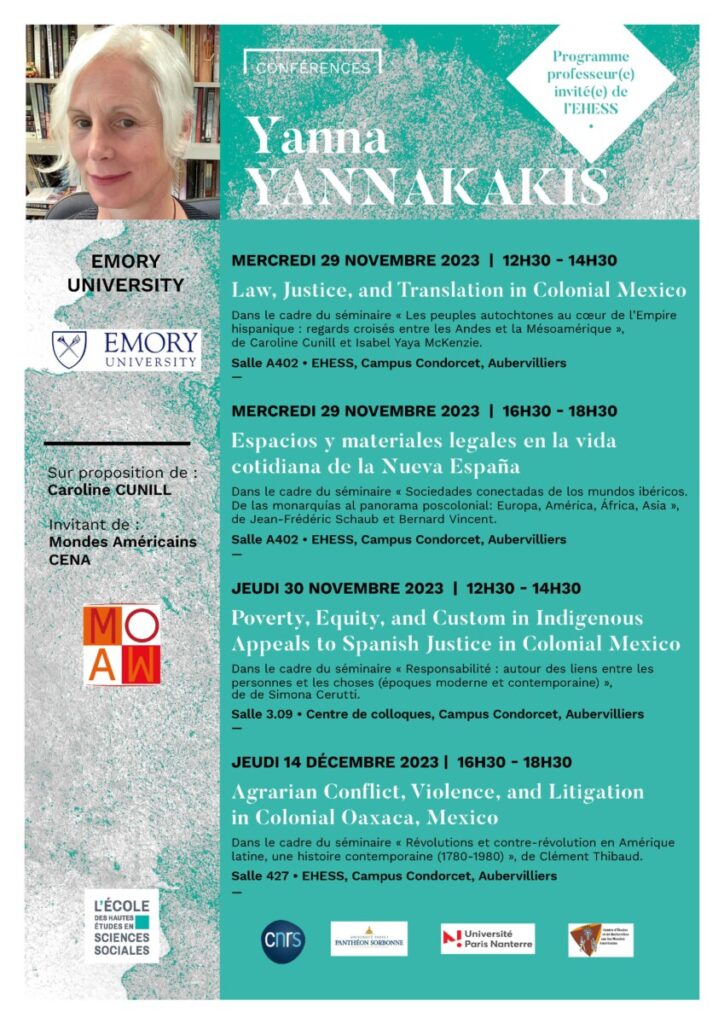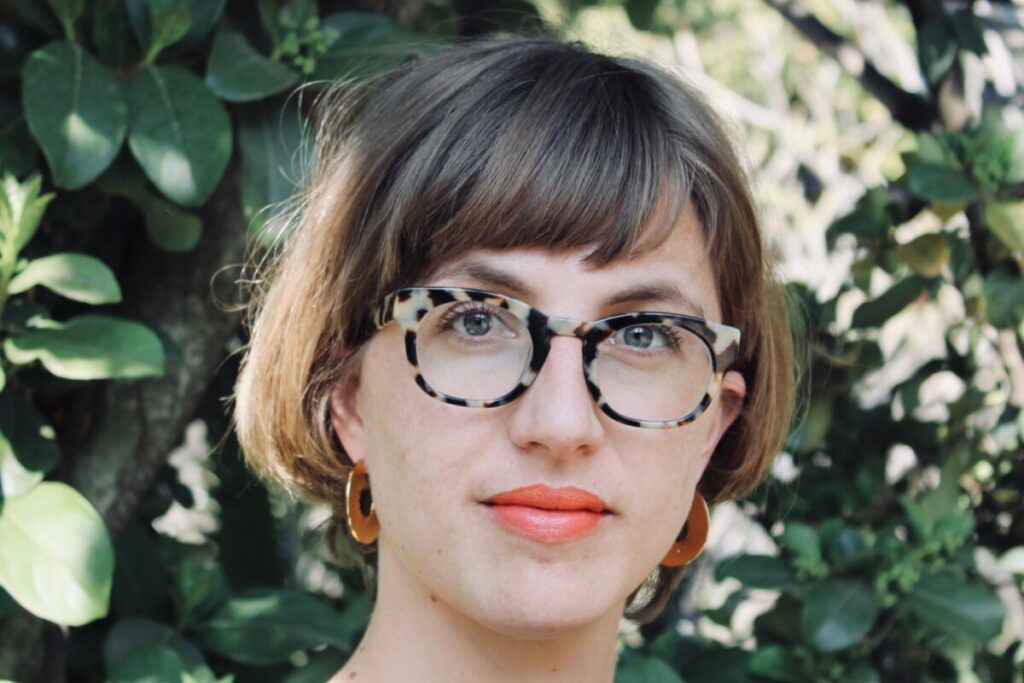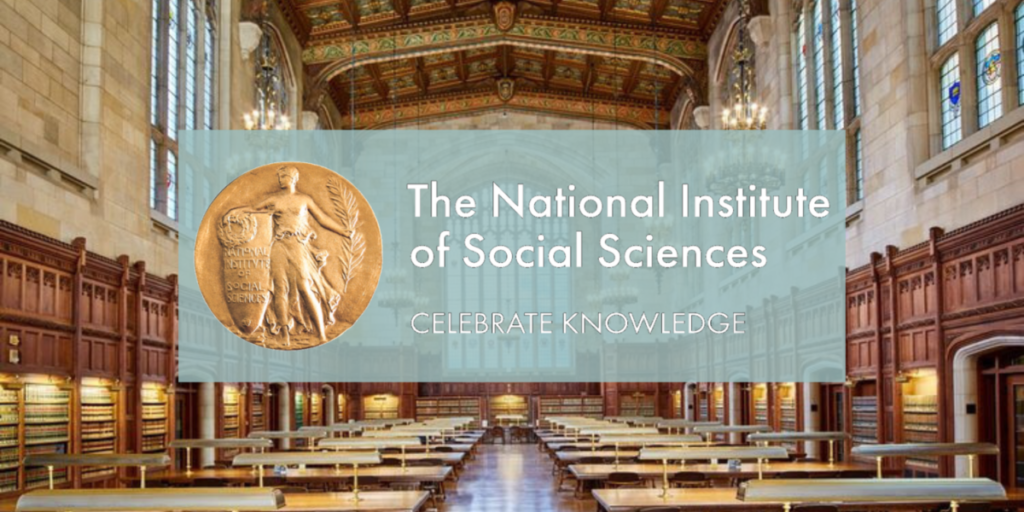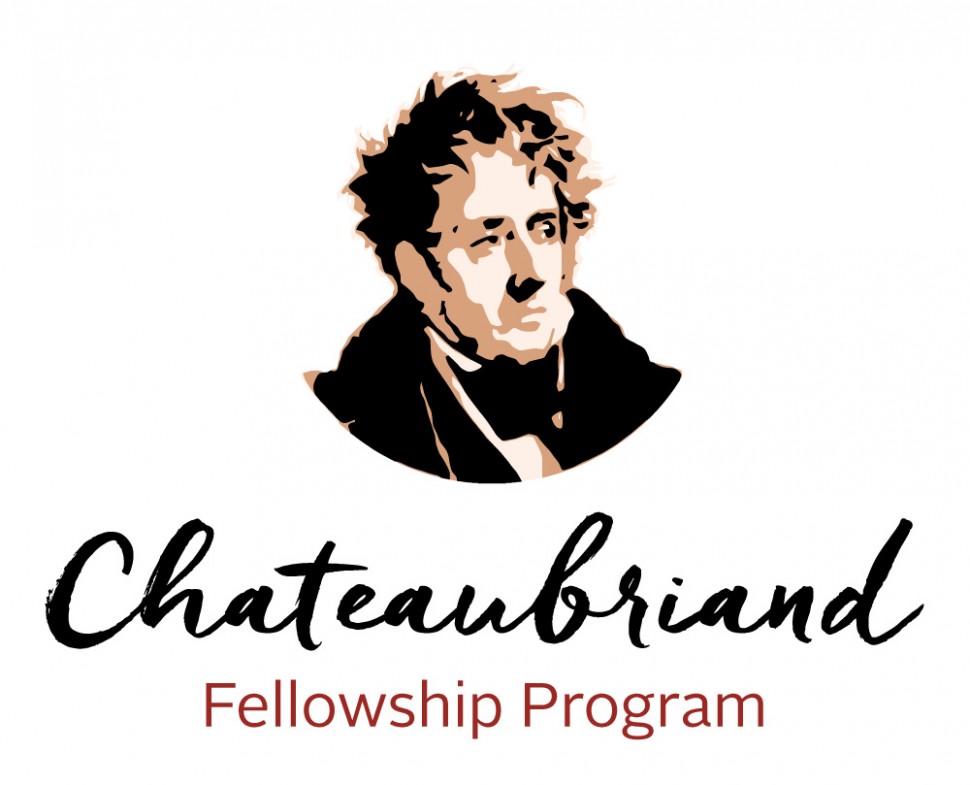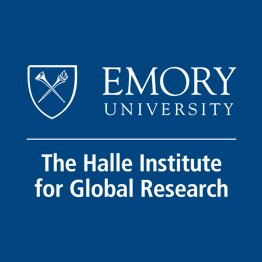
Kheyal Roy-Meighoo, a 2023 Emory College graduate who completed double majors in History and Film and Media, received a Fulbright Open Study/Research fellowship to pursue a master’s degree in animation at the Arts University Bournemouth. Roy-Meighoo works at the intersection of social justice and film, and, as her Fulbright profile notes, “she has made it her mission to think critically about diversity through art, discover new forms of storytelling through animation, and uncover histories that have not yet been told.” For her master’s thesis, Roy-Meighoo plans to produce a stop motion animated film about identity, loss, and resilience in the Asian diaspora through the narrative arc of a young girl watching her grandmother cook. Roy-Meighoo was also the recipient of the 2022 Loren & Gail Starr Award in Experiential Learning for a short animated film, titled “Backwards,” about the historical connections between the Covid-19 pandemic and Asian exclusion laws. Roy-Meighoo is Emory’s first recipient of the Open Study/Research Fulbright fellowship to the UK.
